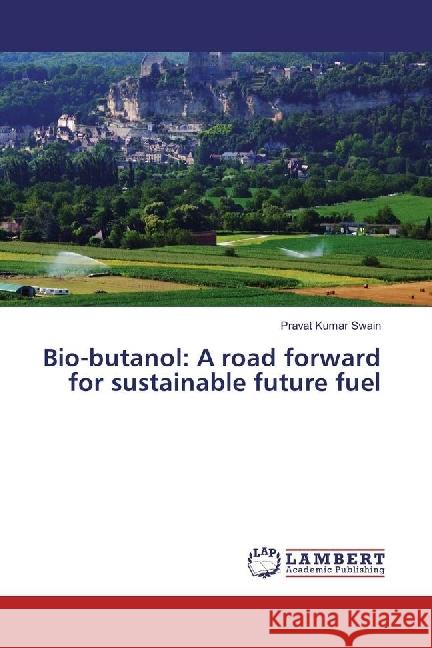Bio-butanol: A road forward for sustainable future fuel » książka
Bio-butanol: A road forward for sustainable future fuel
ISBN-13: 9786202052726 / Angielski / Miękka / 2017 / 60 str.
Over the last few years, Interest in biobutanol, a sustainable vehicle fuel, is increasing due to rising oil prices and concerns of surrounding climate change and energy crisis. Recently, improved technologies have been developed for the biobutanol fermentation process: higher butanol concentrations and productivities are achieved during fermentation, separation and purification techniques are less energy intensive. Incorporating these technologies into a biorefinery concept will contribute toward the development of an economically viable process. Biobutanol has displayed the potential to reduce the carbon emissions by 85 percent when compared to gasoline, making it a safe alternative fuel. The practical implications are that biobutanol can be blended at any point in the supply chain without causing problems with system or materials, and will spread less in ground water if spilled. Further it can more eco-friendly since some biobutanol routes claim to capture more biomass carbon as fuel than does fermentation ethanol. However, there is now increasing interest in use of biobutanol as a transport fuel. 85% Butanol/gasoline blends can be used in unmodified petrol engines.











